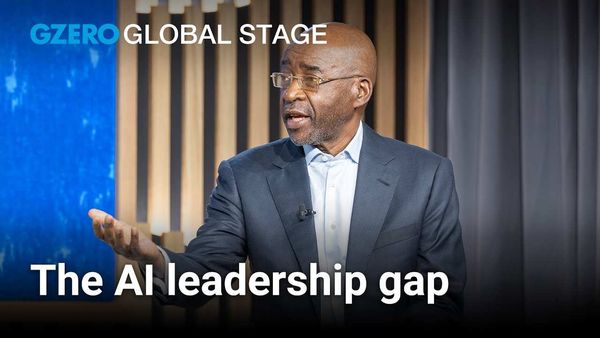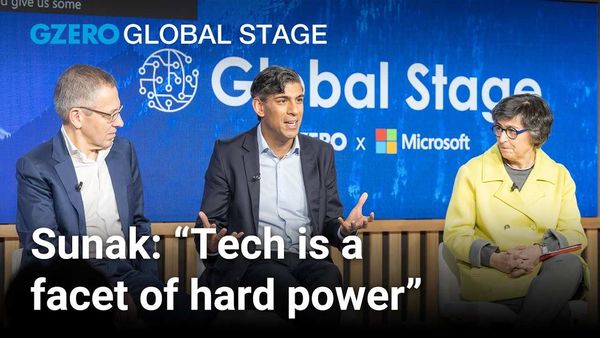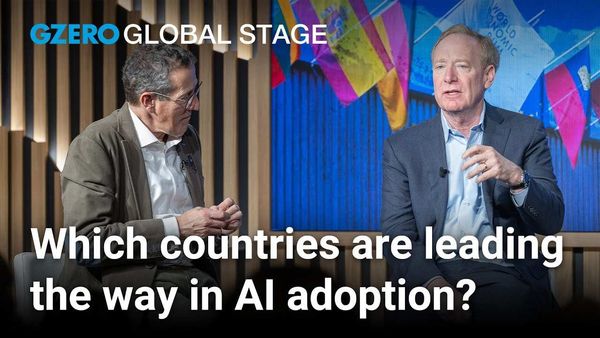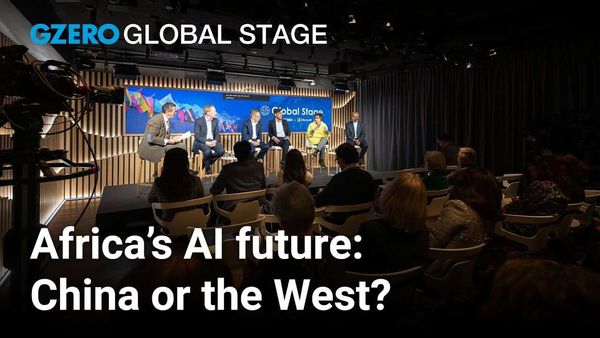Hundreds of millions of people now use artificial intelligence each week—but that impressive number masks a deeper issue. According to Dr. Juan Lavista Ferres, Microsoft’s Chief Data Scientist, Corporate Vice President, and Lab Director for the AI for Good Lab, access to AI remains out of reach for nearly half the world’s population.
In this Global Stage conversation from the 2025 STI Forum at the United Nations, Ferres outlines the barriers that prevent AI from reaching its full potential: lack of electricity, limited internet connectivity, and inadequate access to computers. Even when those hurdles are cleared, many people face another challenge—AI systems that don’t speak their language.
Most large language models are trained in a few dominant languages like English, Spanish, or Mandarin, leaving millions of speakers of local or Indigenous languages excluded from the benefits of AI. “Once you revisit the whole funnel,” Ferres says, “you have likely around half the world that do not have access to this technology.”
Bridging these divides, he argues, is essential—not just for equity, but for unlocking AI’s promise as a truly global force for development and inclusion.
This conversation is presented by GZERO in partnership with Microsoft, from the 2025 STI Forum at the United Nations in New York. The Global Stage series convenes global leaders for critical conversations on the geopolitical and technological trends shaping our world.
See more at https://www.gzeromedia.com/global-stage


















